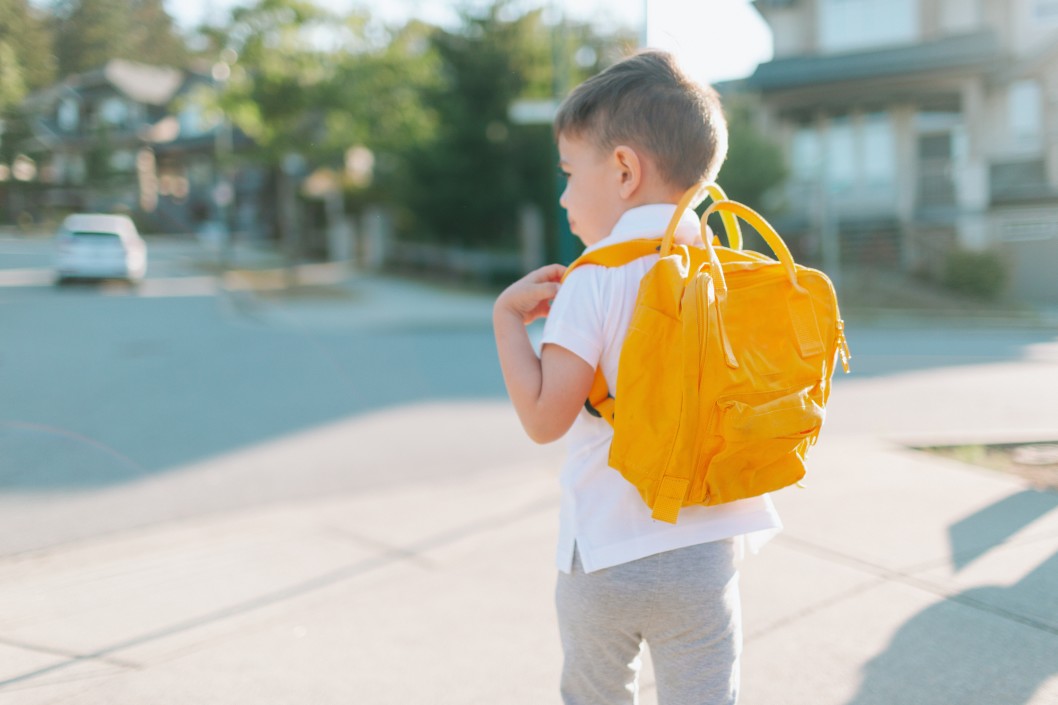
The Children’s Internet Protection Act and Why Schools Need to Follow It
Since computers gained popularity in the 1980s and 1990s, school boards across the country made it a goal to provide computers in their classrooms. Having this kind of technology in schools changed the way students were able to both learn and access information.
However, as with most technology, problems began to arise, and the Children’s Internet Protection Act was born.
What is the Children’s Internet Protection Act (CIPA)?
According to the Federal Communications Commission (FCC), the Children’s Internet Protection Act (CIPA) was enacted by Congress in 2000 to address concerns about children’s access to obscene or harmful content over the internet.
The CIPA requires schools and libraries that receive discounts for internet access to follow a certain set of guidelines. Those who receive discounts for internal connections through the E-rate program, a program that makes certain communications services and products more affordable for schools and libraries, must follow these requirements as well.
Schools and libraries subject to the CIPA can’t receive the discounts offered by the E-rate program unless they confirm that they have an internet safety policy that includes specific technology protection measures.
What is required based on the CIPA?
The protection measures enacted by schools following the CIPA must block or filter internet access to pictures that are:
- Obscene
- Child pornography
- Harmful to minors
These schools are also subject to two additional certification requirements:
- Their internet safety policies must include monitoring the online activities of minors
- As required by the Protecting Children in the 21st Century Act, they must provide for educating minors about appropriate online behavior, including interacting with other individuals on social networking websites and in chat rooms, and cyberbullying awareness and response
Before adopting their internet safety policy, schools and libraries must also provide reasonable notice and hold at least one public hearing or meeting to address the proposal.
Furthermore, each school must have an internet safety policy addressing:
- Access by minors to inappropriate matter on the internet
- The safety and security of minors when using electronic mail, chat rooms, and other forms of direct electronic communications
- Unauthorized access, including so-called “hacking,” and other unlawful activities by minors online
- Unauthorized disclosure, use, and dissemination of personal information regarding minors
- Measures restricting minors’ access to materials harmful to them
Why was the CIPA created?
The internet was a game-changer for education, but with the web growing so quickly, there were many dangers that needed to be addressed before allowing children access to its material.
Today, we have various protections against cyber threats, but it wasn’t always this way.
The dark web is actually much larger than the surface web, and although there is plenty of safe content on the dark web, there are many harmful things to watch out for.
Hackers, predators, and cyber criminals frequent the dark web, making it a dangerous place for minors who have unlimited access to the internet.
On top of the dark web, the surface web has just as much inappropriate content for children, including pornography, obscenity, violence, gambling, and lewd forums. It’s these issues that led to the creation of the CIPA.
The CIPA passed in 2000, allowing schools to get the technology they need, with requirements in place to keep children safe from harmful content.
Why should schools follow the CIPA?
With the internet being so vast and full of content, the CIPA makes it possible for schools to protect students from the ever-growing threats of the web. The internet gets bigger by the second, and this act allows students to use computers without being able to access any inappropriate content.
Safety policies required by the CIPA help schools to restrict content, while keeping phishing and malware threats under control.
Web filters used in compliance with the CIPA can also keep hackers from accessing the large amount of personal information that schools keep on their databases. This protects against issues such as identity theft and fraud.
These filters also block pop up ads, which are frequently used by hackers to direct users to sites with malware, gaining access to computers and their respective networks.
As more and more people use the internet and it continues to grow inside the classroom, these threats will continue to grow alongside it. That’s why the CIPA should be followed by schools across the country.
Being prepared against active cyber attacks is a smart way to stay safe and keep your information protected.
Have any questions when it comes to the CIPA? Send us a message today!
[/et_pb_text][/et_pb_column][/et_pb_row][/et_pb_section]




